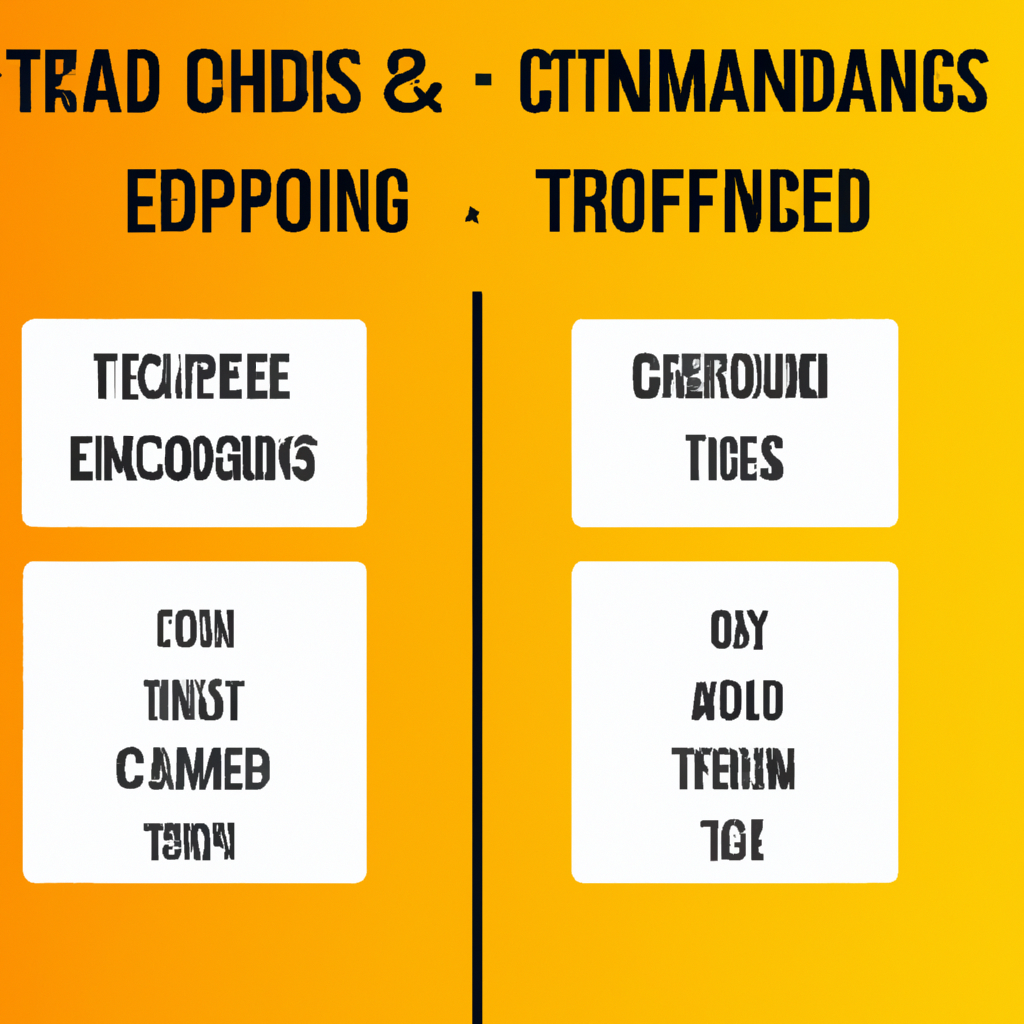
Trading Fees and Commissions Comparison
When it comes to trading stocks, ETFs, options, or other financial instruments, one important factor to consider is the fees and commissions charged by the brokerage firm. These costs can eat into your profits, so it’s essential to compare the fees of different brokers before making a decision. Here, we will compare the trading fees and commissions of some popular brokerage firms.
Stock Trading Fees
Stock trading fees can vary widely among brokerage firms. Some brokers charge a flat fee per trade, while others have a tiered pricing structure based on the size of the trade. Here are the stock trading fees of some popular brokers:
- Broker A: $4.95 per trade
- Broker B: $6.95 per trade
- Broker C: $0.005 per share, minimum $1 per trade
Options Trading Fees
Options trading fees can be higher than stock trading fees, as options are more complex financial instruments. Here are the options trading fees of the same brokers listed above:
- Broker A: $0.65 per contract
- Broker B: $0.75 per contract
- Broker C: $0.50 per contract
Account Maintenance Fees
Some brokers charge account maintenance fees, which are annual fees for keeping your account open. Here are the account maintenance fees of the same brokers listed above:
- Broker A: $0
- Broker B: $50 per year
- Broker C: $75 per year
Other Fees
In addition to trading fees and account maintenance fees, brokers may also charge other fees such as inactivity fees, transfer fees, or margin interest. It’s important to consider all potential fees when comparing brokers.
Conclusion
When comparing trading fees and commissions, it’s essential to consider not just the cost per trade, but also any other fees that may apply. Additionally, consider the overall value you are getting from the broker in terms of customer service, research tools, and platform usability. By carefully comparing all these factors, you can choose the broker that best fits your trading needs and budget.






